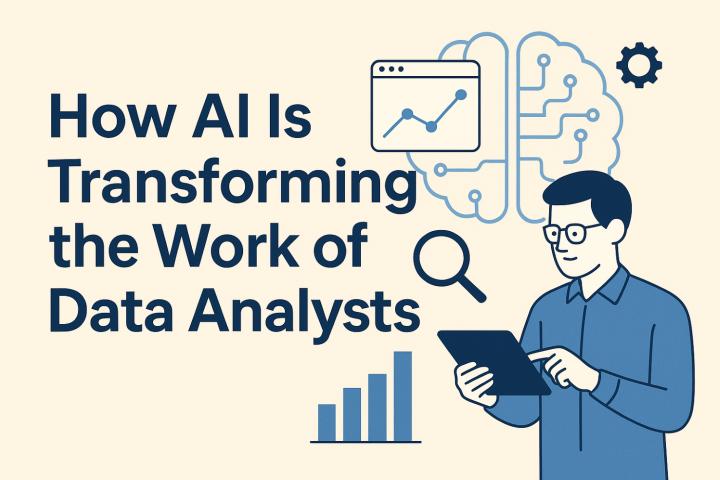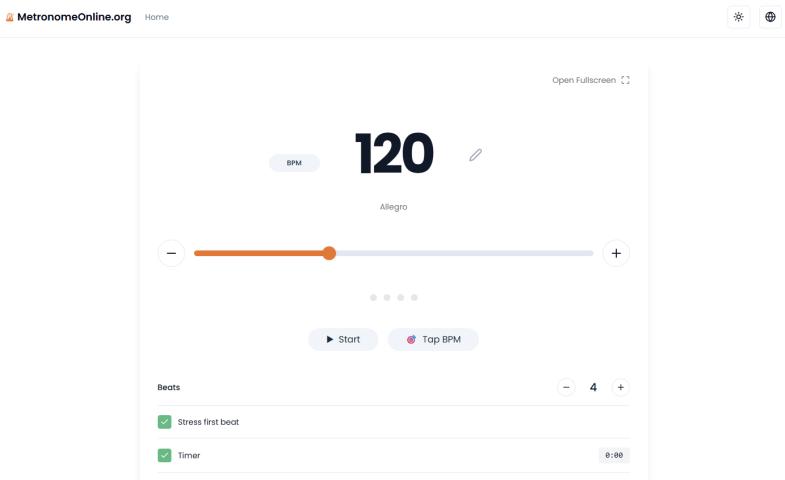Introduction
The healthcare industry is undergoing a digital revolution, with business intelligence in healthcare playing a pivotal role in transforming data into actionable insights. Hospitals, clinics, and healthcare providers are leveraging BI tools to enhance decision-making, improve patient care, and optimize operational efficiency. This article explores the key trends and features of business intelligence in healthcare, showcasing how it is reshaping the future of medical services.
The Role of Business Intelligence in Healthcare
Business Intelligence (BI) refers to the technologies and strategies used to analyze healthcare data, extract valuable insights, and facilitate informed decision-making. In the healthcare sector, BI enables organizations to:
Enhance patient care and treatment plans
Improve operational efficiency
Reduce costs and optimize resource allocation
Predict disease trends and outbreaks
Streamline administrative tasks and regulatory compliance
With an increasing focus on data-driven strategies, healthcare institutions are integrating BI to provide accurate, real-time insights that improve overall patient outcomes.
Key Trends in Business Intelligence in Healthcare
1. Predictive Analytics for Early Disease Detection
One of the most transformative applications of business intelligence in healthcare is predictive analytics. By analyzing vast datasets, BI tools can identify patterns that indicate early symptoms of diseases such as cancer, diabetes, and cardiovascular conditions. This proactive approach enables healthcare providers to initiate early interventions, improving patient prognosis and reducing treatment costs.
2. AI and Machine Learning Integration
Artificial Intelligence (AI) and Machine Learning (ML) are revolutionizing BI in healthcare by enhancing data processing capabilities. AI-driven BI tools can:
Detect anomalies in patient records
Predict hospital admission rates
Automate administrative workflows
Optimize treatment plans based on historical data
The integration of AI with BI is significantly improving diagnostic accuracy and efficiency in healthcare institutions.
3. Real-time Data Processing and Decision-Making
Timely decision-making is crucial in healthcare settings. BI tools provide real-time data analytics, enabling physicians and administrators to make immediate and well-informed decisions. For instance, emergency departments can use real-time BI dashboards to monitor patient inflow, bed availability, and critical cases, ensuring efficient resource allocation.
4. Data Security and Compliance with HIPAA Regulations
With the increasing volume of digital healthcare data, security and regulatory compliance are top concerns. BI solutions are designed to comply with regulations such as the Health Insurance Portability and Accountability Act (HIPAA). Secure BI platforms ensure that patient data remains protected while still allowing authorized personnel to access crucial insights.
5. Telemedicine and Remote Patient Monitoring
Telemedicine is on the rise, and BI is playing a crucial role in its expansion. BI tools analyze remote patient monitoring data to track chronic disease management, detect early warning signs, and optimize virtual healthcare delivery. These insights enhance telehealth services, reducing hospital readmissions and improving patient satisfaction.
6. Cost Optimization and Revenue Cycle Management
Healthcare organizations face financial pressures due to rising operational costs and complex insurance processes. BI helps in revenue cycle management by:
Identifying inefficiencies in billing processes
Reducing claim denials and fraud
Optimizing resource allocation
By streamlining financial operations, BI ensures sustainability and profitability for healthcare institutions.
7. Personalized Patient Care and Precision Medicine
BI enables personalized healthcare by analyzing patient histories, genetic data, and life>
Essential Features of Business Intelligence in Healthcare
1. Data Visualization and Interactive Dashboards
BI platforms provide interactive dashboards that display key healthcare metrics such as:
Patient admission and discharge rates
Treatment success rates
Financial performance indicators
These visual insights enable healthcare professionals to monitor trends and make data-driven decisions efficiently.
2. Integration with Electronic Health Records (EHRs)
BI seamlessly integrates with Electronic Health Records (EHRs), consolidating patient data from multiple sources. This integration improves:
Patient history analysis
Treatment tracking
Predictive analytics for disease management
3. Advanced Reporting and Analytics
BI tools offer customizable reports and analytics that help healthcare administrators assess performance, identify bottlenecks, and implement data-driven strategies. Advanced analytics enable:
Comparative analysis of patient outcomes
Identification of at-risk populations
Optimization of clinical workflows
4. Mobile Accessibility for Healthcare Professionals
With mobile BI applications, healthcare providers can access critical data on the go. Physicians can review patient histories, analyze test results, and collaborate with colleagues remotely, improving the speed and accuracy of medical decision-making.
5. Natural Language Processing (NLP) for Enhanced Insights
NLP-enabled BI tools can process and interpret unstructured data from clinical notes, patient feedback, and medical literature. This feature enhances:
Sentiment analysis for patient satisfaction
Automated summarization of medical records
Enhanced decision-making based on textual insights
6. Cloud-Based BI Solutions
Cloud-based BI platforms offer scalability, flexibility, and cost-effectiveness. Healthcare organizations can leverage cloud BI to:
Store and analyze large datasets
Enable seamless data sharing across departments
Ensure disaster recovery and data backup
Benefits of Business Intelligence in Healthcare
1. Improved Patient Care and Treatment Outcomes
By providing real-time insights and predictive analytics, BI enhances patient care by:
Reducing medical errors
Improving diagnostic accuracy
Personalizing treatment plans
2. Enhanced Operational Efficiency
BI helps streamline hospital operations by optimizing resource allocation, reducing wait times, and improving staff productivity. These efficiencies lead to better patient experiences and lower operational costs.
3. Cost Reduction and Financial Stability
BI tools assist in cost management by identifying inefficiencies, preventing fraud, and optimizing revenue cycle management. This leads to improved financial stability for healthcare institutions.
4. Proactive Disease Management
With BI-powered predictive analytics, healthcare providers can detect disease trends and initiate preventive measures, reducing the burden on healthcare systems and improving public health.
5. Compliance and Risk Management
BI platforms ensure regulatory compliance by providing audit trails, data encryption, and access controls, minimizing legal risks and enhancing patient data security.
Conclusion
Business intelligence in healthcare is revolutionizing the industry by offering data-driven insights that enhance patient care, streamline operations, and optimize financial performance. With advancements in AI, predictive analytics, and cloud computing, the future of BI in healthcare looks promising. As healthcare organizations continue to adopt BI solutions, the industry will witness improved patient outcomes, reduced costs, and enhanced efficiency, ultimately transforming the way healthcare is delivered.
By embracing business intelligence, healthcare providers can stay ahead of challenges and ensure a more efficient, effective, and patient-centric approach to medical services.


















